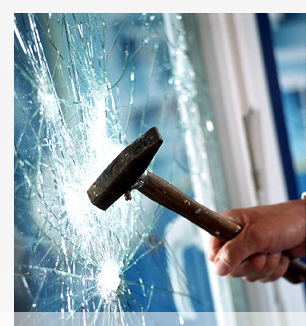 |
|
||||||
 |
 |
 |
What can CVC pay?
Medical/Dental:
Medically Necessary Devices:
Mental Health Therapy:
Property Damage / Victim Safety:
Post Office Box:
Self Defense classes:
Relocation:
Lost Wages:
Loss of Household Support from Offender:
Funeral or Burial expenses:
Loss of Support to Dependents:
Crime Scene Clean-up:
Replacement Services:
Dependent care:
Travel expenses:
Vehicle Towing and Impound:
Each category listed above has financial limits and no claim may exceed $30,000.00 in total payout. . |
||
The Crime Victim Compensation Program was created by law, Colorado Revised Statute 24-4.1-101 et seq., and is operated in accordance with
the statute and the Bylaws, Policies and Procedures of the Seventeenth Judicial District CVC Board.
